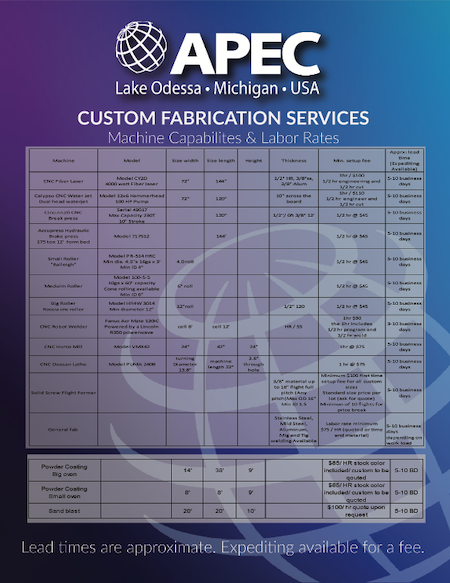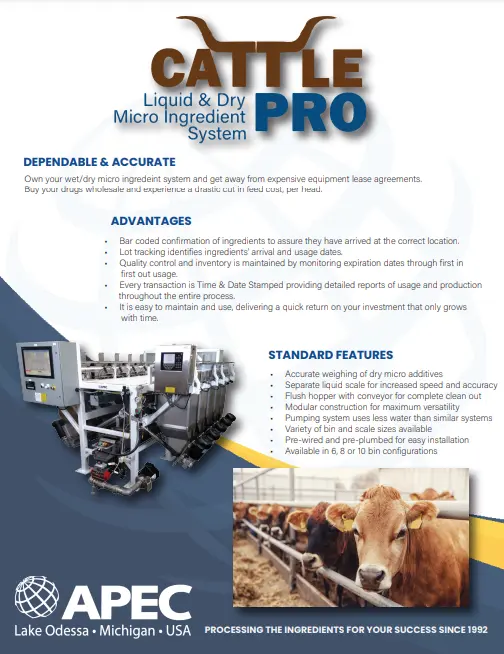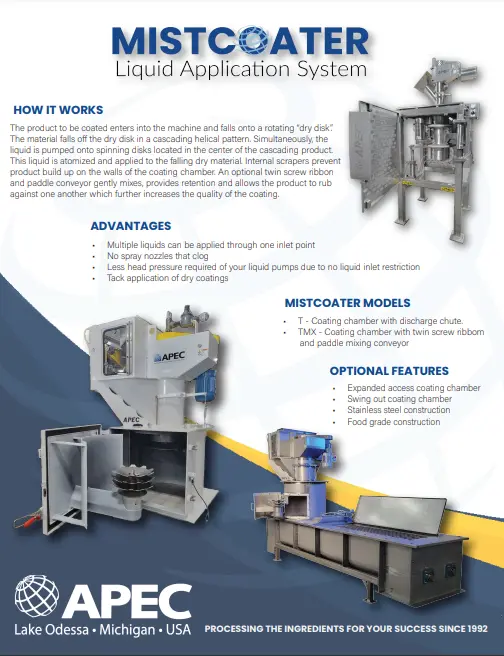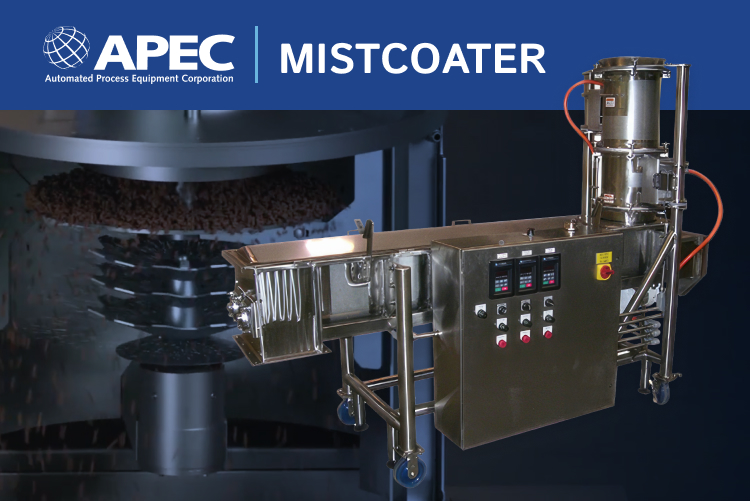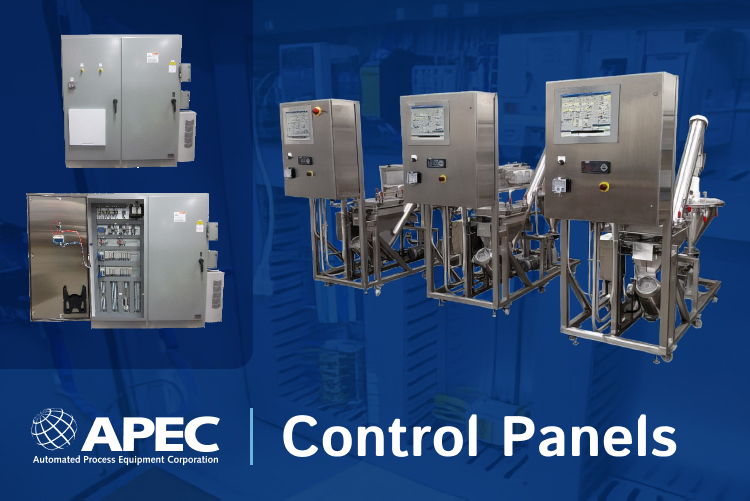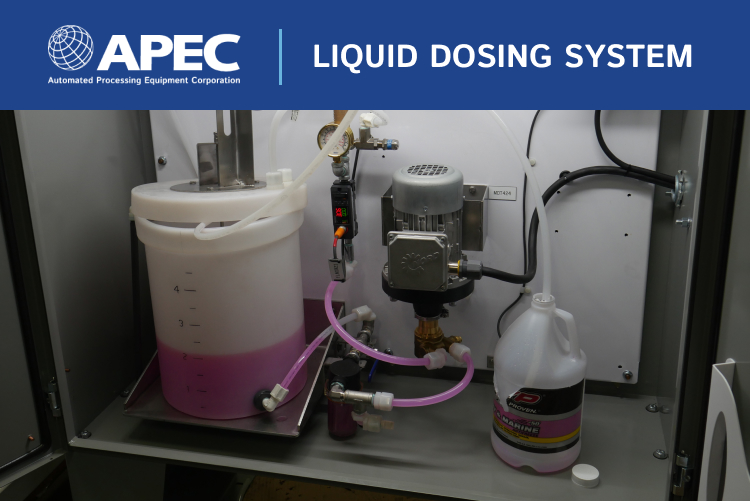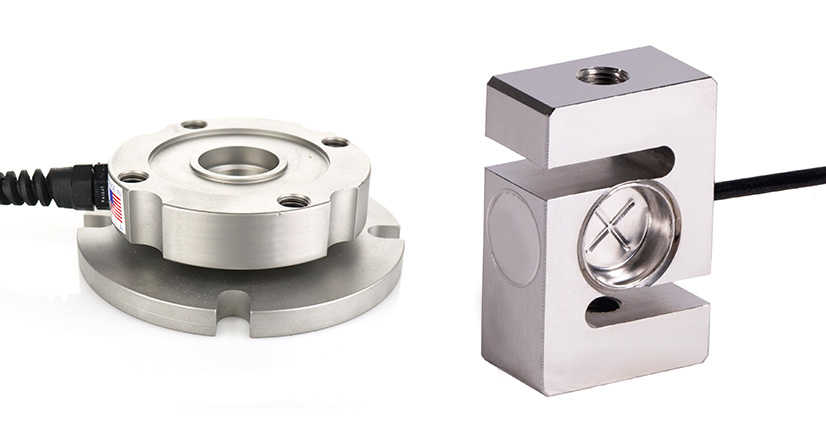
Are you using capacitive load cells to weigh your ingredients on your production line? It can be tempting to overload the recommended weight. But overloading your capacitive load cell by even a small amount can pose irreversible damage to your load cells’ accuracy. Let’s find out how.
Problems with Load Cell Overload
Load cells are critical when it comes to weighing material, but their effectiveness can be compromised when their weight is overloaded. Here are some common problems as it relates to overloading load cells:
Inconsistent Data
When the capacitive load cell sensors are pushed beyond their maximum capacity, the calibration drifts and it measures weight inconsistently. This erratic data output can affect everything from ingredient mixing to final product weight.
For instance, if a capacitive load cell is overweight by 20-40 kg, the production line may end up using incorrect ingredient quantities. This can compromise product consistency, leading to quality control issues such as variations in flavor, texture, or appearance.
But it’s not just a short-term problem.
A slight amount of overage is deflected from every load cell. In fact, they are designed to deflect the extra weight when too much of an ingredient is used. But when this happens, the sensor does not return to its original state and permanent damage occurs to the load cell.
Equipment Failure
Overtime, a consistently overloaded load cell can impact the wear and tear on your processing line. This has the potential to lead to equipment failure, costly repairs and safety hazards on other equipment along your processing line. All too often, this is a reality –even for a problem that can prevented so easily.
Two Types of Automatic Weight Sensors
If you’re looking to explore options for automatic weight sensors on your production line, it’s important to know your options. At APEC, we carry two common weight sensors.
Capacitive Load Cells
Capacitive load cells are a common industry standard for weighing and batching large qualities of ingredients. While they are known for accuracy in measurement and easy installation, the risk of overloading the cell can be detrimental if left unchecked.
Load cells that are hermetically sealed can be used in a variety of applications and are not greatly affected by environmental factors like humidity, vibrations and temperature. Their quality and versatility often require a larger investment in capital.
Strain Gauge
A strange gauge is another type of weight sensor that can be added to the production line. While a capacitive load cell measures the force of the weight, a strain gauge sensor measures the strain of the object that the force is applied to. Strain gauges are a great cost-effective solution and best when used to measure small to moderate forces.
Compare Weight Sensor Solutions
Whether you’re looking for major, minor, or micro scales to weigh your ingredients, you can find the capacitive load cells or strain gauge to fit your needs. You can count on APEC’s automated processing solutions for customized solutions. Read this article to learn more.


